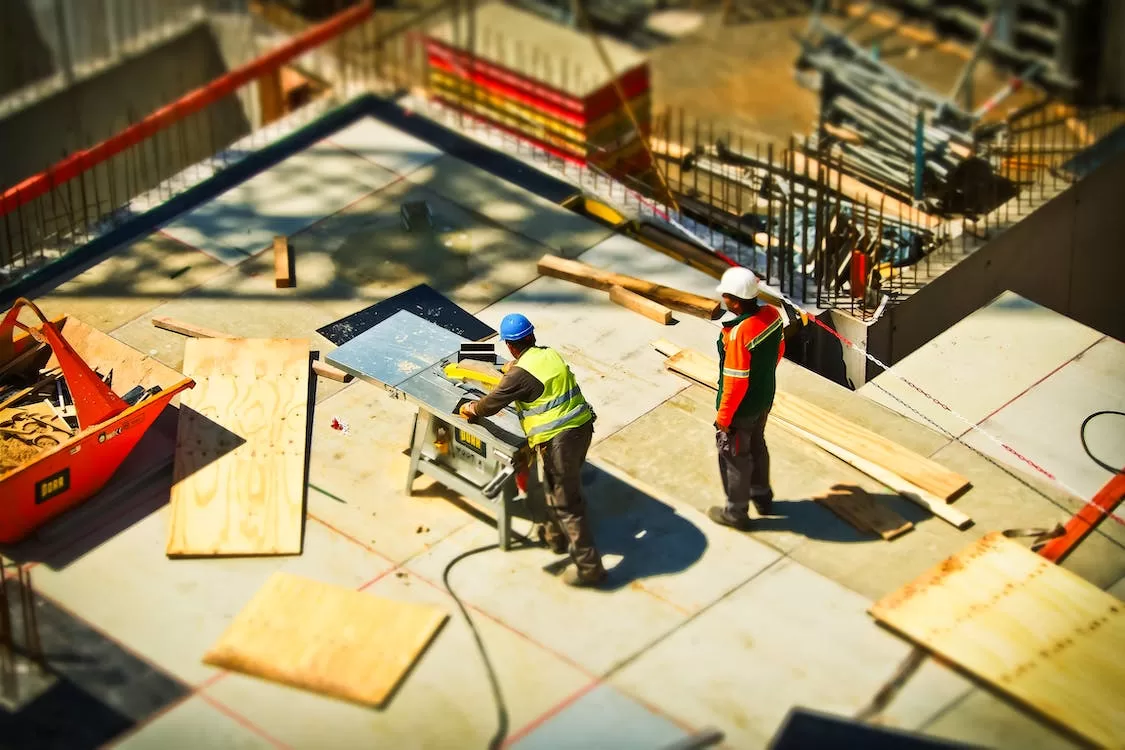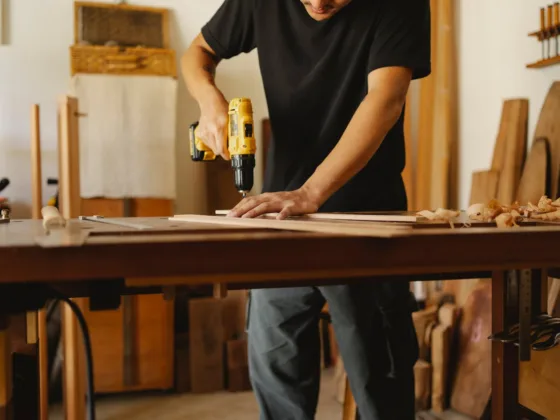When it comes to buying builder’s materials, there are a lot of factors to consider. As per experts Sand4u, whether you’re a professional contractor or a DIY enthusiast, it’s important to make informed decisions about the materials you use.
The quality of the builder’s materials you choose can impact the safety, durability, and overall quality of your construction project. Here are seven points to consider when buying builder’s materials:

1. Quality
The quality of the materials you use is one of the most important factors to consider. High-quality materials are generally more durable, easier to work with, and safer than lower-quality alternatives.
When choosing materials, look for products that have been tested and certified by relevant industry standards organizations. In addition, make sure to purchase from reputable suppliers who have a good track record of providing high-quality materials.
2. Cost
While quality should be your top priority, the cost is also an important consideration. Building materials can be expensive, and it’s important to find a balance between quality and affordability. Look for suppliers who offer competitive pricing without sacrificing quality. Consider buying in bulk to take advantage of discounts and lower unit costs.
Read Also:
3. Sustainability
As society becomes more environmentally conscious, sustainability has become an important consideration in construction projects. Choose materials that are eco-friendly and made from sustainable materials.
This can include products made from recycled materials, sustainably harvested wood, and low-emission materials. By choosing sustainable materials, you can help reduce your impact on the environment.
4. Availability
It’s important to choose materials that are readily available when you need them. Delayed deliveries or backorders can hold up your construction project and add unnecessary costs. Make sure to work with suppliers who have a large inventory of materials and a reliable delivery schedule.
In addition, consider choosing materials that are locally sourced to reduce transportation costs and support your local economy.
5. Safety
The safety of your construction project should be a top priority. Choose materials that meet relevant safety standards and have a good track record of safety in construction projects. This includes products that are fire-resistant, have low VOC emissions, and are non-toxic. In addition, make sure to follow relevant safety guidelines when working with any type of builder’s material.
6. Compatibility
When choosing materials, it’s important to consider how they will work together in your construction project. Make sure that all materials are compatible with each other and will work together as intended. This includes choosing products that have the right size, shape, and strength for your specific project.
In addition, consider the overall aesthetic of your construction project and choose materials that will complement each other visually.
7. Warranty
Finally, consider the warranty and after-sales support offered by your supplier. It’s important to choose products that come with a good warranty and that have a reputation for durability and longevity. In addition, make sure to work with suppliers who offer reliable after-sales support and are responsive to any issues or concerns you may have.
Wrapping Up
Buying builder’s materials requires careful consideration of a wide range of factors. By focusing on quality, cost, sustainability, availability, safety, compatibility, and warranty, you can make informed decisions about the materials you choose. This will help ensure the success and longevity of your construction project, as well as the safety and well-being of those who will use the finished product.









